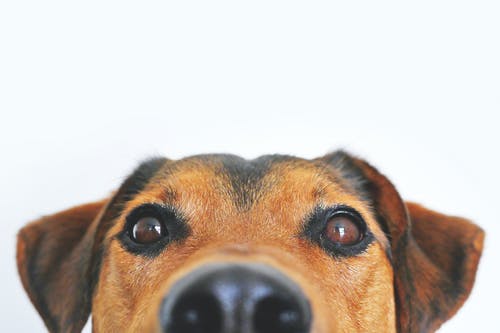As a cat owner, you play a vital role in ensuring your furry friend’s post-operative recovery goes smoothly. Proper post-operative care can significantly impact your cat’s healing process and overall well-being. This article will explore essential tips and guidelines to help your cat recover successfully. So, let’s dive in.
The Road to Recovery Begins at Home
After your cat undergoes surgery performed by a skilled cat surgeon from a reputable veterinary clinic like the Northside Animal Clinic, it’s time to bring them home and provide a comfortable environment for healing. Just like humans, cats need proper rest, care, and attention during this crucial period.
Creating a Safe and Quiet Space
- Designate a quiet and warm space in your home where your cat can rest undisturbed.
- Provide a cozy bed or soft blanket for comfort.
- Ensure the area is free from hazards and potential sources of stress, such as loud noises or other pets.
Monitoring and Medication
- Keep a close eye on your cat’s behavior, appetite, and bathroom habits. Any significant changes should be reported to your veterinarian.
- Administer prescribed medications as directed, ensuring timely and accurate dosages.
- Contact your veterinarian immediately if you notice any discomfort or complications.
Importance of Wound Care
Proper wound care prevents infections and ensures a smooth healing process. Explore some essential tips for effectively managing your cat’s surgical wound.
Gentle Cleaning and Bandage Changes
- Follow your veterinarian’s instructions on wound cleaning and bandage changes.
- Use mild antiseptic solutions or as recommended by your veterinarian.
- Avoid excessive scrubbing or using irritants that may delay healing.
- Always wash your hands before and after wound care to prevent contamination.
Recognizing Signs of Infection
- Keep a vigilant eye for any signs of infection, such as redness, swelling, discharge, or foul odor.
- Report any unusual symptoms promptly to your veterinarian.
Encouraging Appetite and Hydration
Maintaining proper nutrition and hydration is essential for your cat’s recovery. However, some cats may experience a decreased appetite following surgery. Here’s how you can help:
Tempting Food and Water
- Offer small, frequent meals of highly palatable and easily digestible foods.
- Warm the food slightly to enhance its aroma and appeal.
- Ensure fresh water is readily available and encourage your cat to drink.
Gradual Transition and Special Diets
- If your cat requires a special post-operative diet, follow your veterinarian’s instructions carefully.
- Gradually transition back to your cat’s regular diet once they’re fully recovered.
Encouraging Gentle Activity and Mental Stimulation
While rest is crucial for recovery, gentle activity and mental stimulation are essential to prevent boredom and promote overall well-being.
Controlled Exercise
- Allow your cat short, supervised periods of gentle exercise.
- Encourage light playtime and interaction, but avoid activities that may strain the surgical site.
Environmental Enrichment
- Provide interactive toys, scratching posts, and comfortable perches to keep your cat mentally engaged.
- Offer your cat attention, gentle petting, and affectionate interactions to promote a sense of security.
Follow-up Veterinary Visits
Regular follow-up visits with Northside Animal Clinic, your veterinarian, are essential to monitor your cat’s progress and ensure a successful recovery.
Monitoring Healing and Suture Removal
- Schedule follow-up appointments as recommended by your veterinarian.
- The healing process will be assessed during these visits, and sutures may be removed. Click this link for appointments.
Addressing Concerns and Questions
- Utilize these visits to discuss concerns or questions regarding your cat’s post-operative care or recovery.
Conclusion
Post-operative care plays a vital role in ensuring a successful recovery for your beloved cat. By creating a safe and quiet space, providing proper wound care, encouraging appetite and hydration, promoting gentle activity, and attending follow-up veterinary visits, you can significantly contribute to your cat’s healing process.
Remember, each cat is unique, and their recovery may vary. It’s essential to follow the guidance of your veterinarian, who can provide personalized advice based on your cat’s specific needs. Together, you can help your feline friend regain their health and happiness.




